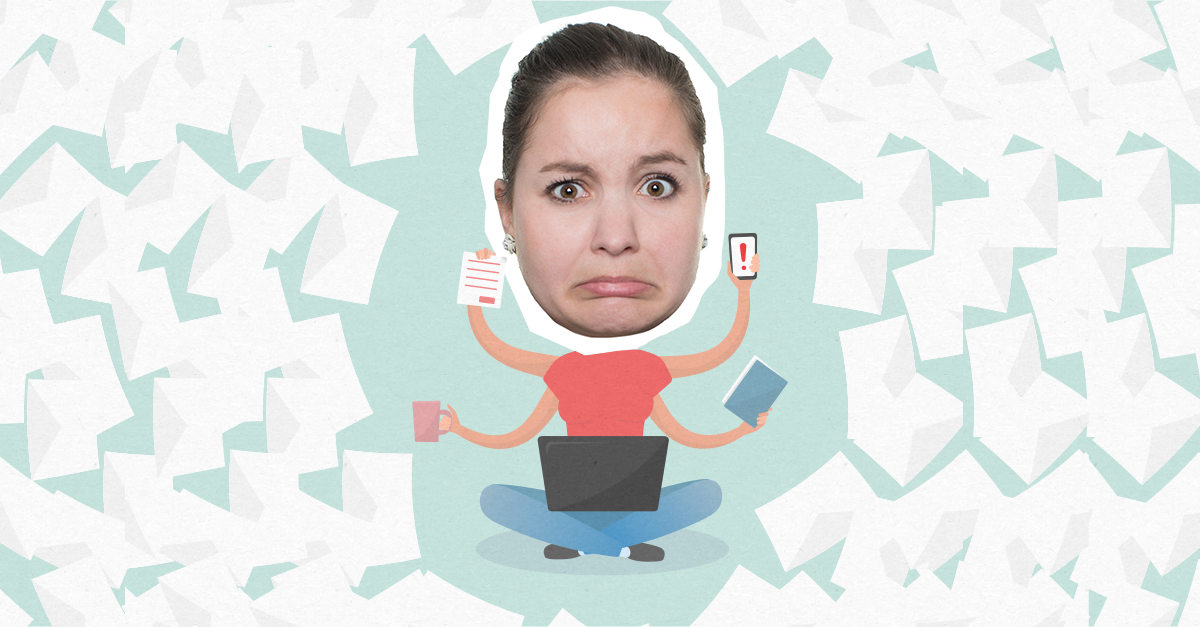This huge amount of carbon emissions is equivalent to 81,152 flights from Heathrow to Madrid. The research, released originally at the end of 2019, was commissioned by OVO Energy and reveals that over 64 million unnecessary emails are sent by Brits every day. The carbon footprint left by a seemingly small token of gratitude is growing larger by the day, as the importance of email in our daily lives grows and grows. If not email, then an instant messaging service such as Microsoft Teams, which arguably has a similarly significant impact on the environment.
The Guardian also published an article discuss the damaging 'clogging up' of our inboxes. When you use a computer, it consumes electricity. The sending action of that email requires electricity, as it flows through the network on its way to your recipient. The place in which it is stored, i.e. in a data centre, demands huge amounts of power in order to run. Mike Berners-Lee, professor and scholar of carbon metrics and sustainable food systems, says: "We don’t think about it because we can’t see the smoke coming out of our computers, but the carbon footprint of IT is huge and growing.”
OVO Energy discusses the content of the emails with the greatest negative contribution. 'Thank you' emails are receiving the largest blame, with other unactionable pleasantries making the list, such as 'Have a good weekend', 'Appreciated' and 'You too'. These emails, while polite, are usually unnecessary and could be avoided - a small gesture for our straining planet. It is also interesting to note that nearly three-quarters (72%) of Brits were not aware of these figures, meaning that the throwaway emails may be preventable. Also, 71% of Brits wouldn't mind not receiving a 'thank you' email if they were aware of the benefits it would bring to the environment.
It was calculated by OVO Energy that each email equals 1g of carbon and, while a small contribution, the statistics begin to add up day after day. Mike Berners-Lee comments: "Whilst the carbon footprint of an email isn’t huge, it’s a great illustration of the broader principle that cutting the waste out of our lives is good for our wellbeing and good for the environment. Every time we take a small step towards changing our behaviour, be that sending fewer emails or carrying a reusable coffee cup, we need to treat it as a reminder to ourselves and others that we care even more about the really big carbon decisions.”
While considering the environment in this way is something that individuals often do in their every day lives through actions outside of work, the COVID-19 pandemic has made it increasingly difficult to do so in the workplace. With home working now considered 'normal' for many office workers, emails, instant messaging and video calls are also now part of that 'normal'. While there simply is no alternative for many of these actions in current times, balancing the necessary interactions with withdrawing unnecessary one or two word pleasantries can provide the small impact we each need to make for the benefit of the environment.
To read the full OVO Energy article, please click here.
To read the full article from The Guardian, please click here.





.png)